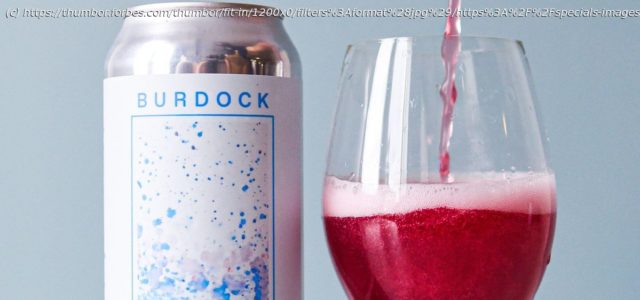With roots dating back to the ancient Roman times, Piquette is bright, bubbly and buzzing in North America
It’s Memorial Day weekend: the unofficial kickoff to summer drinking season. Across the country, drinkers are cracking open zeitgeist-fueled hard seltzers, crushable beers and ready-to-drink cocktails. But this summer, let us introduce you to piquette—a low-ABV, wine-adjacent bubbly beverage. “It’s a very bright, cheerful style with lots of expressive fruity flavor,” describes Katherine Sturgill, the beverage director of Chicago’s Daisies. “Piquette is slightly fizzy and much lighter than a regular glass of wine—the perfect wine to enjoy on a sunny day on a back porch with friends.” “Piquettes remind me of session beers (which I love), in that you can drink them, seemingly, forever,” says Joe Catalino of What To Drink. “My wife and I lovingly refer to piquettes as ‘breakfast wine.’” For the modern drinker, piquette—or ‘little wine’—checks off a lot of boxes. It’s low-ABV, sustainably-made and super quenchable, sipping like a zippy, effervescent wine-seltzer hybrid. “Piquette drinks like a low-ABV cross between wine and sparkling water,” says Martha Stoumen, the doyenne of California’s natural wine movement. What is piquette? “After fresh grapes are pressed for white or rosé wine, the pulp left behind still has some remaining sugar and flavor that goes, unused, to the compost pile,” Stoumen explains. “Piquette makers save those skins and pulps and rehydrates them with water.” “The natural yeast on the grape skins and in the air will ferment those unused sugars into alcohol, just as they would in regular natural winemaking,” she continues. “Because of the water addition, there is less sugar per volume of liquid during fermentation, which leads to a lower-alcohol beverage.” While piquette may be new to some, “it has a history that dates back to Roman times, but pulling that forward it was often used as refreshment for farmhands, or even as payment to laborers,” describes Eric Moorer, director of sales and engagement at Domestique. Clean water was seldom available in the fields, so vineyard workers would sip piquette as they picked and pruned. Maxing out at around 8-9% ABV, it’s low enough in alcohol to not interfere with productivity. While piquette was not traditionally sold commercially, over the last few years the category underwent somewhat of a rebirth, largely thanks to the efforts of one man.
Домой
United States
USA — mix This Old-School Effervescent Beverage Is The Wine World’s Answer To Hard Seltzer






